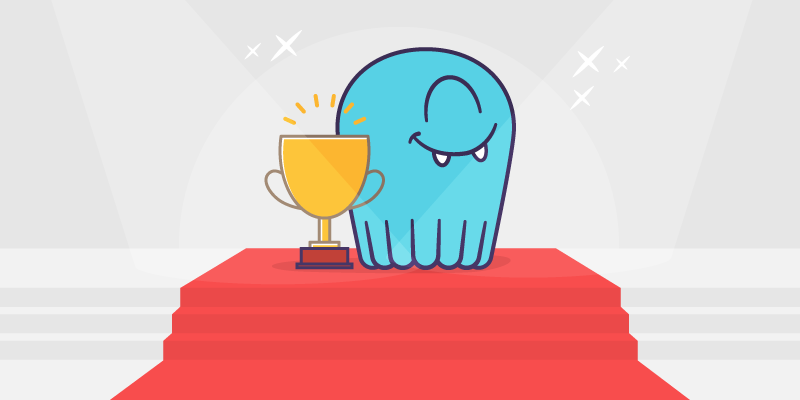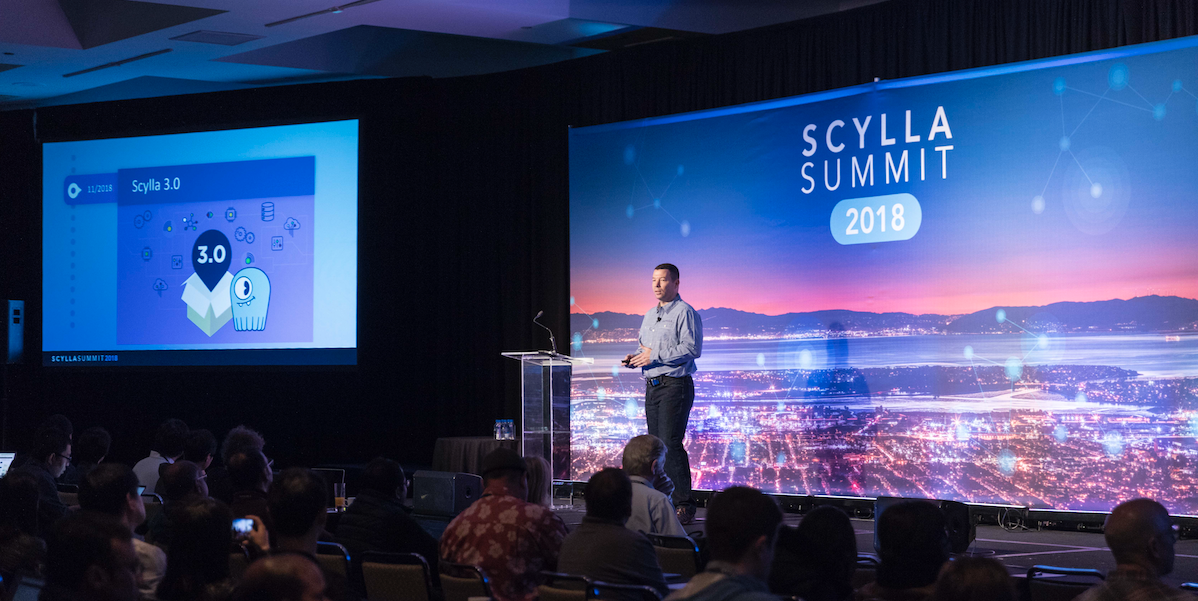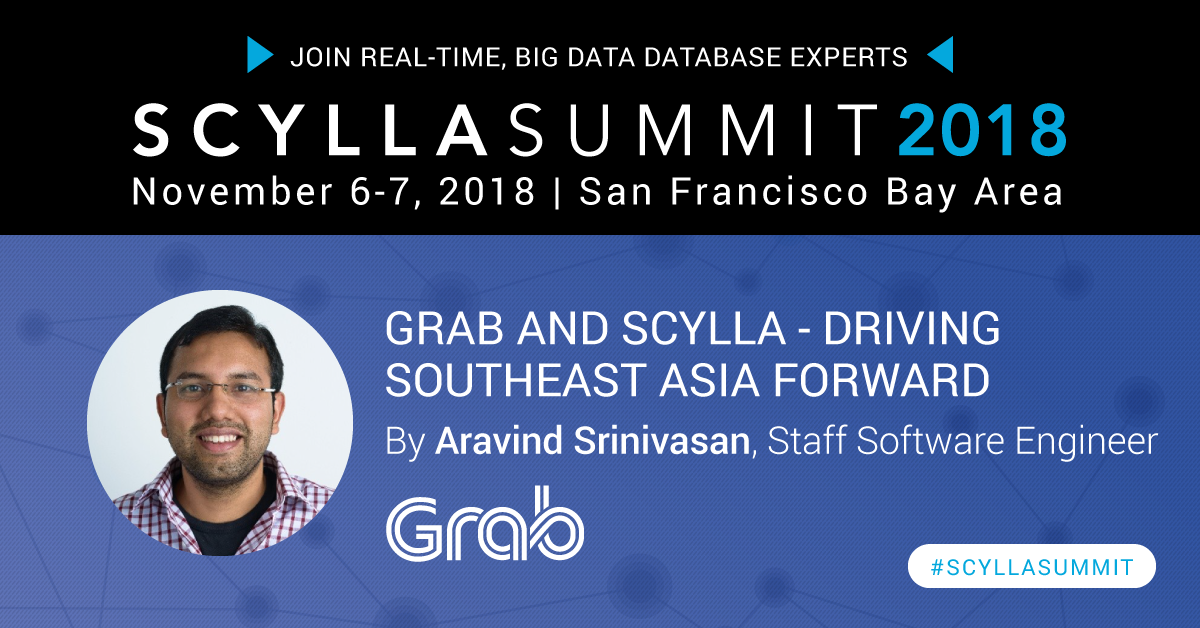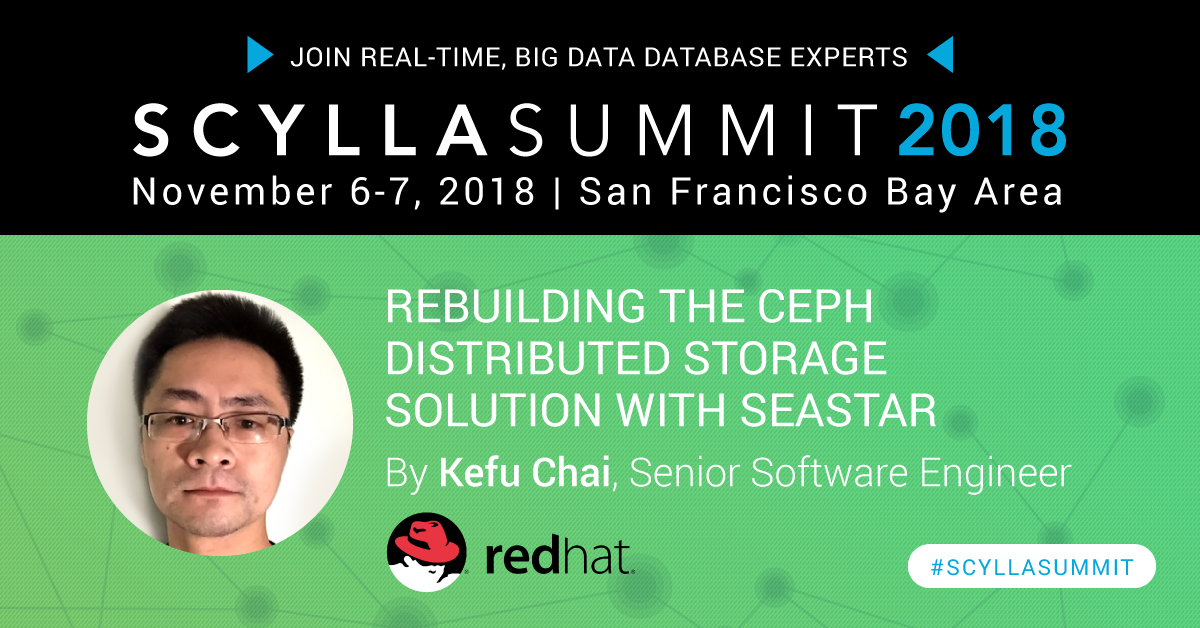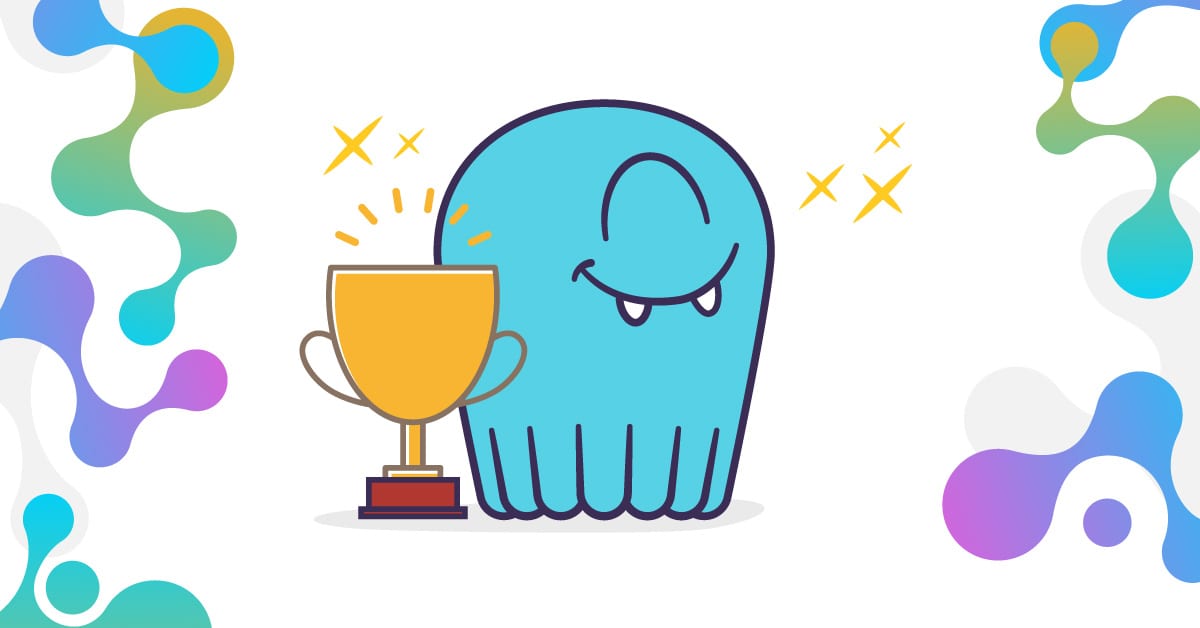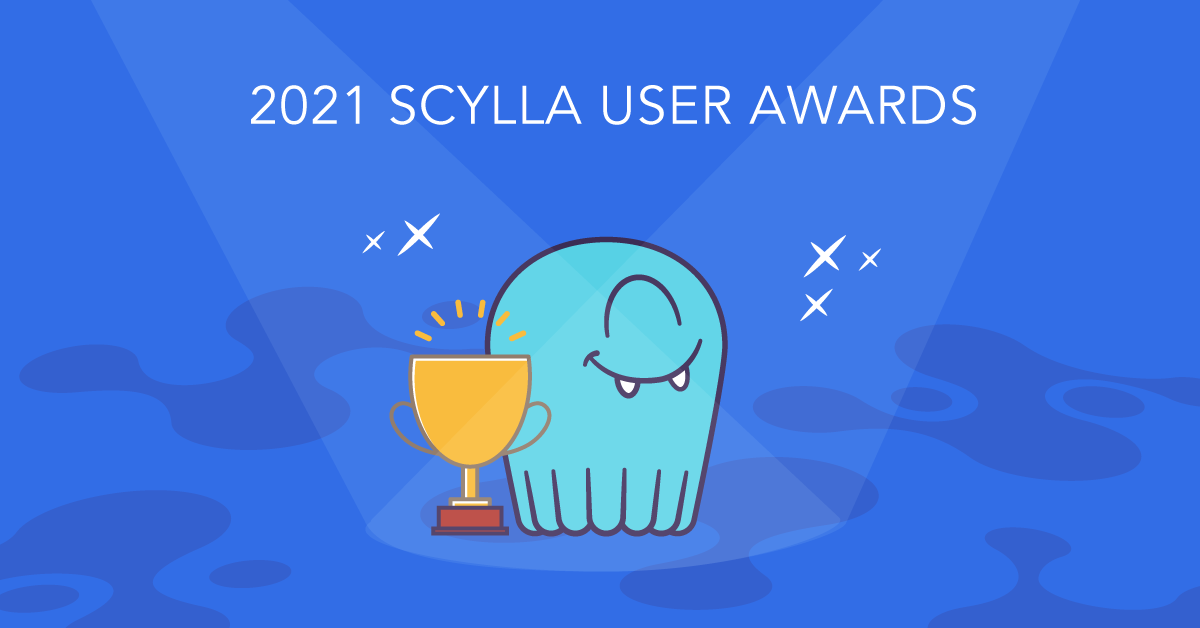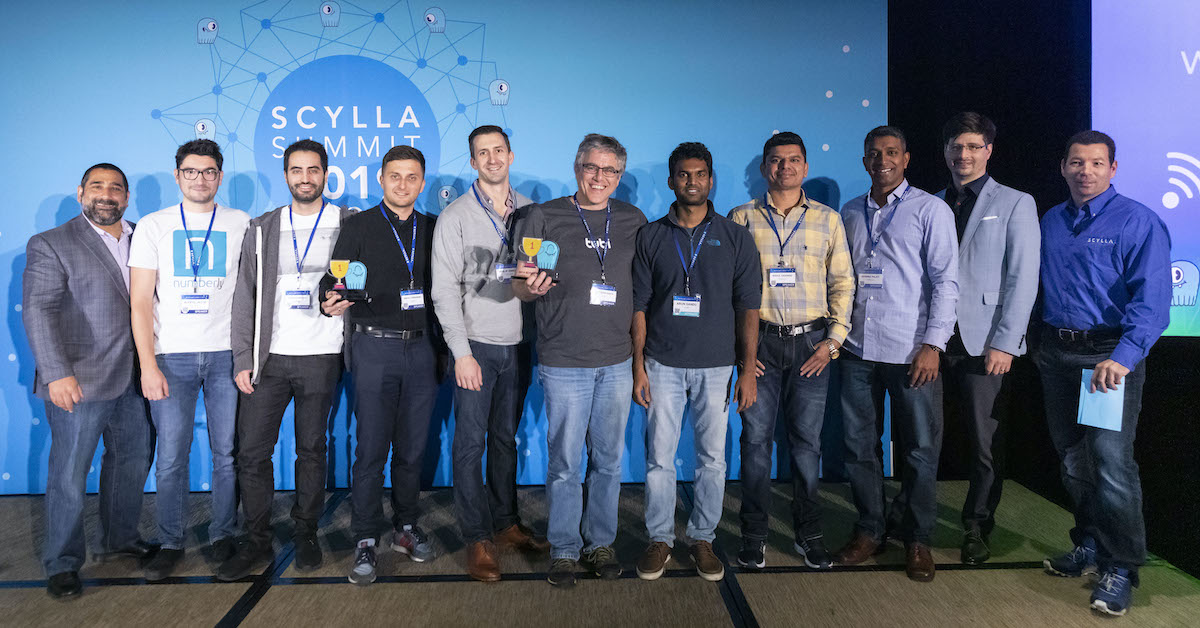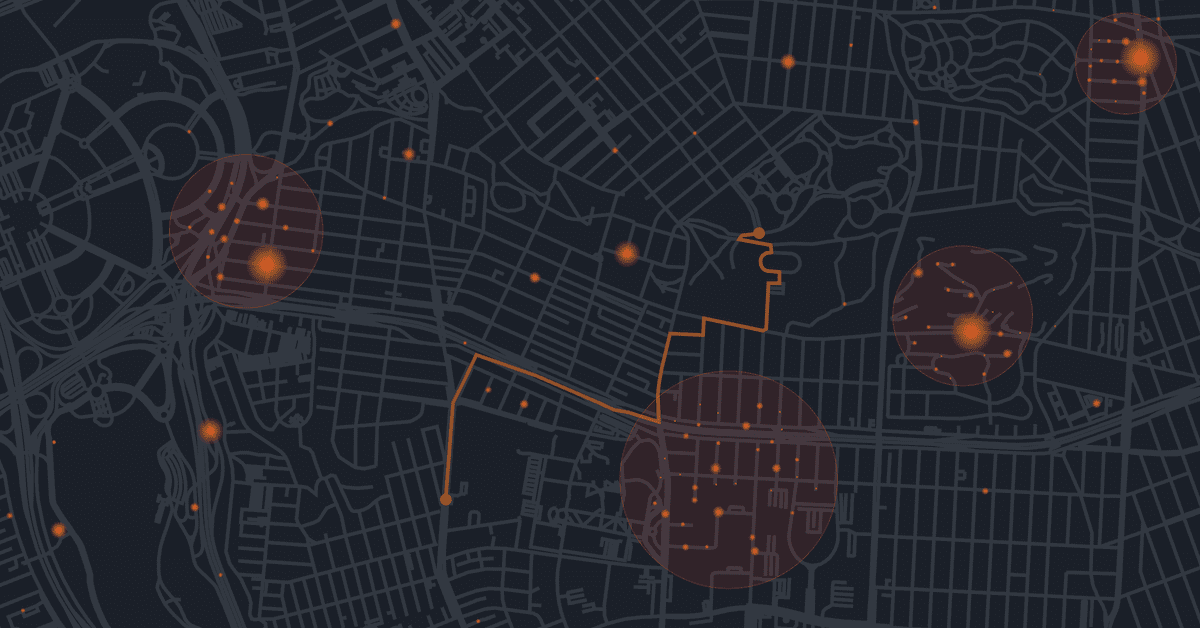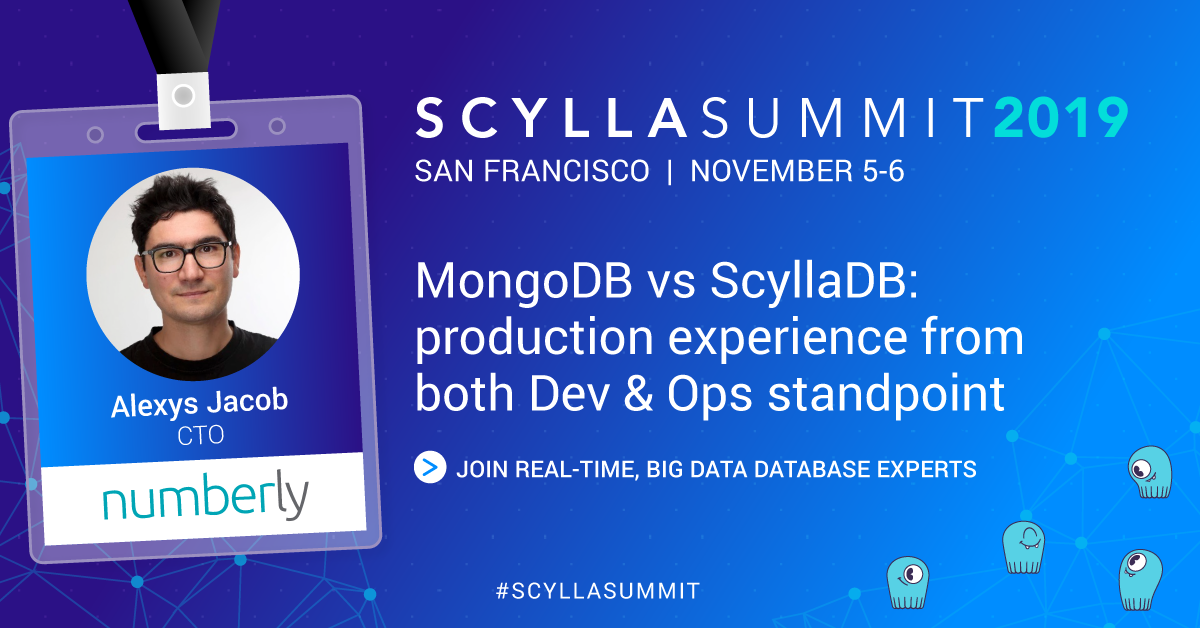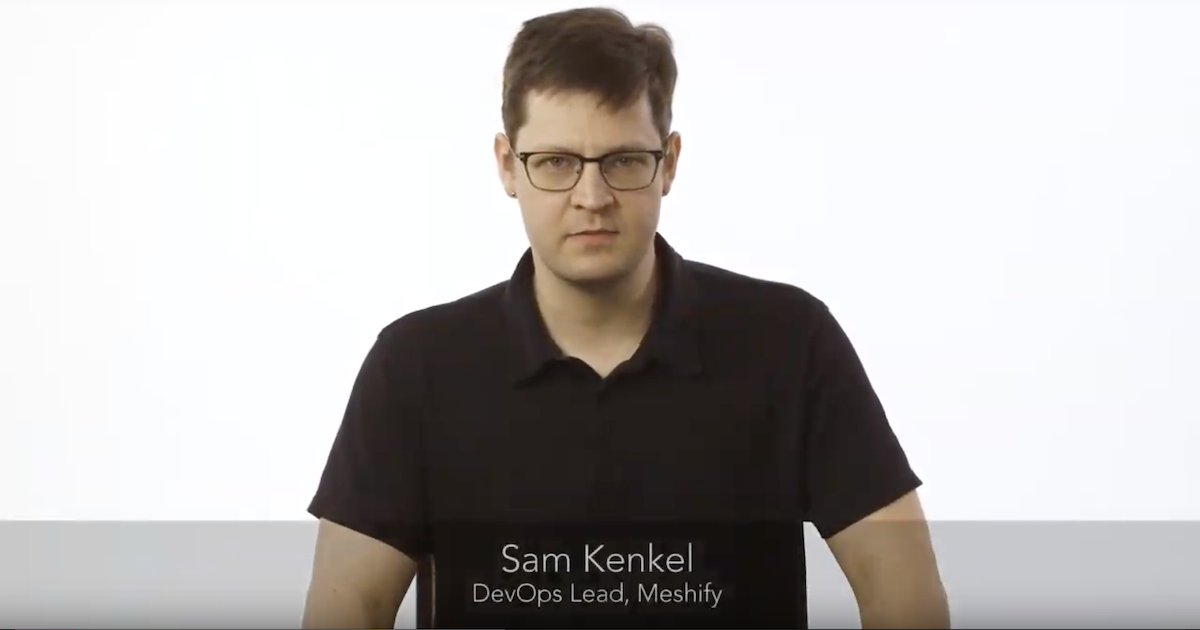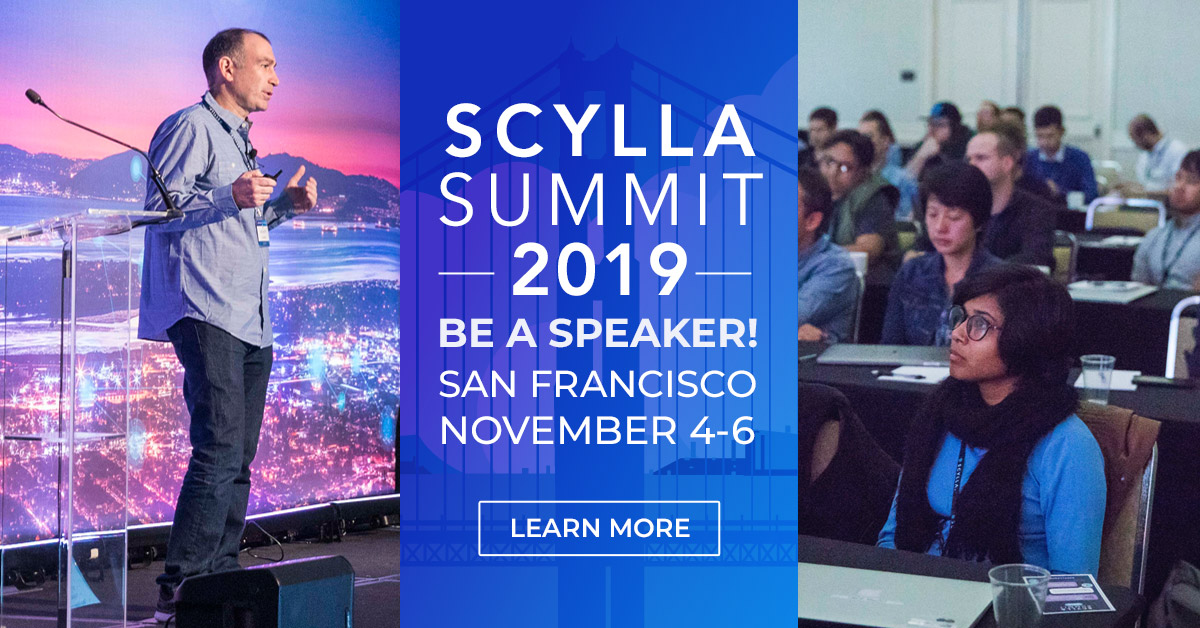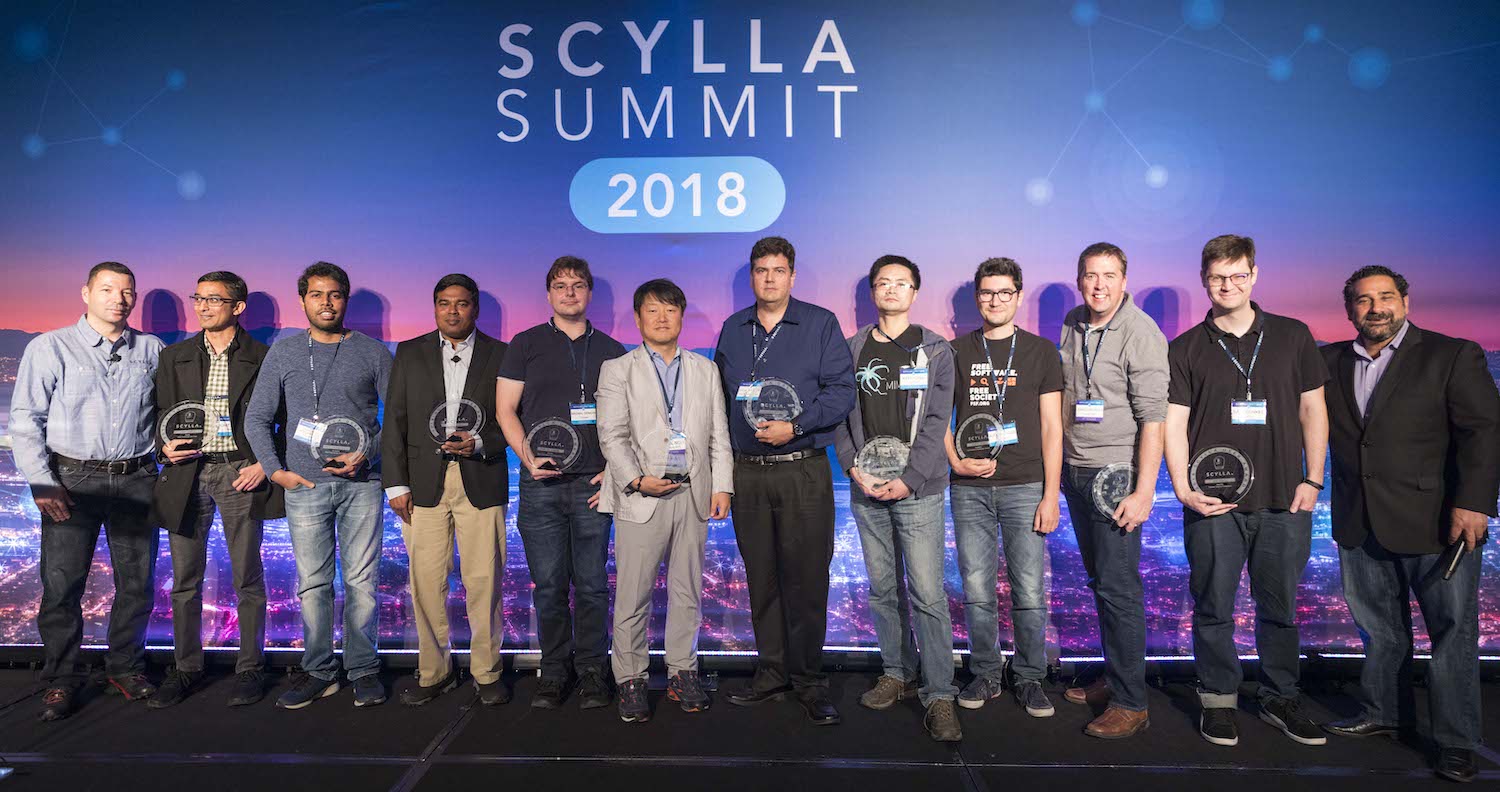
There’s nothing we enjoy more than seeing the creative and impressive things our users are doing with ScyllaDB. With that in mind, we presented our ScyllaDB User Awards at last week’s ScyllaDB Summit, where we brought the winners up on stage for a big round of applause and bestowed them with commemorative trophies.
I’m glad to share the winners here, along with a few notes on their use of ScyllaDB.
- Most Interesting Technical Use Case: Nauto
Nauto makes our roads safer. The company’s devices are deployed to fleet vehicles to monitor driver performance and help reduce risky behaviors. Nauto uses ScyllaDB to store a variety of data, including 128 dimensional feature space for facial recognition, geolocation, and routes. Nauto’s algorithms interpret this data to make real-time decisions and to intervene before aggressive driving becomes a problem. - Most Interesting Industry Use Case: Grab
Grab is one of the most frequently used mobile platforms in Southeast Asia, enabling their customers to commute, eat, arrange shopping deliveries, and pay with one e-wallet. Grab relies on ScyllaDB as an aggregation metadata store, handling peak loads of 40K operations per second. - Best Cache Destroyer: Comcast
Comcast’s Xfinity X1 is a first-of-its-kind multi-screen, cloud-based entertainment platform that addresses the current and future challenges of the pay TV industry. With its use of ScyllaDB, Comcast replaced both Apache Cassandra and Varnish Cache. - Best Time-Series Use Case: GE Digital
GE Digital migrated to ScyllaDB to help drive the world’s largest IOT platform. Their requirements were to absorb tens of billions of records per day, support millions of analytics transactions and maintain sub-second response times end-to-end. - ScyllaDB Humanitarian Award: Child Rescue Coalition
Child Rescue Coalition (CRC) uses ScyllaDB to help protect children from abuse and to bring offenders to justice. As part of this mission, CRC leverages ScyllaDB to aggregate multiple sources of data, which result in tens of billions of records. Using this data, CRC builds tools that enable law enforcement to more efficiently identify perpetrators and to rescue children from exploitation and abuse. CRC provides this critical technology to law enforcement organizations and investigators around the world at no charge. - Most Datacenters: Sizmek
Sizmek is one of the world’s largest independent advertising platforms, processing 240 billion requests per day, each one in less than 70 milliseconds. Sizmek runs ScyllaDB in 7 datacenters, achieving high throughput with very low and consistent latency for their global customers. - Fastest Time to Production: Meshify
Meshify’s IoT platform uses battery-powered wireless sensors to monitor industrial environmental environments. Using that data, Meshify is able to predict accidents, preventing them before they can happen. Meshify took advantage of ScyllaDB’s pre-tuned AMIs to spin up a three-node cluster in 30 minutes. In disaster recovery scenarios, ScyllaDB takes a mere 30 minutes to restore a new node. - Broadest Use of ScyllaDB: Samsung
With 57 offices spread across 31 countries, Samsung SDS plays a pivotal role across the Samsung Group of companies by improving innovation and IT competitiveness. Samsung adopted ScyllaDB for a range of use cases, including manufacturing, IoT platform, communication and healthcare systems. - Most Valuable Contributions to ScyllaDB Open Source: Alexys Jacob, Numberly
Numberly’s multi-platform, multi-device, multi-format solutions include real-time bidding, targeted display advertising, CRM program and an advanced data management platform. Numberly uses ScyllaDB to support real-time data for low-latency, location-based services. Alexys Jacob-Monier is well known and appreciated by our engineering and solutions teams for his contributions to ScyllaDB. - Most Valuable Contribution to the Seastar Engine: Red Hat
Red Hat Ceph Storage is an open, massively scalable storage solution for modern workloads like cloud infrastructure, analytics, media repositories, and backup and restore systems. To achieve better performance and hardware utilization, Red Hat ported Ceph to the Seastar Framework, the foundation of the ScyllaDB database. Along the way, the team contributed numerous valuable enhancements to the open source framework. - Best ScyllaDB Evangelist: Tobias Macey, Massachusetts Institute of Technology
Tobias Macey manages and leads the Technical Operations team at MIT Open Learning, where he designs and builds cloud infrastructure to power online access to education for the global MIT community. Demonstrating his commitment to evangelizing ScyllaDB, Tobias’s podcast on ScyllaDB has been downloaded by more than 1,600 listeners. - Best Issue Reporter: Jonathan Ness, Veramine
The Veramine platform helps keep enterprises secure through reactive intrusion response and proactive threat detection. Veramine leverages ScyllaDB to centralize data from sensors that collect and forward all security-relevant information from Windows-based hosts across an enterprise. With this award, we recognized the great work Jonathan Ness has done in helping improve our product.
Please join us in congratulating our 2018 ScyllaDB User Award winners! If you’ve got an innovative use of ScyllaDB you’d like to share, please let us know. Perhaps your use case will be a 2019 ScyllaDB User Award winner!
